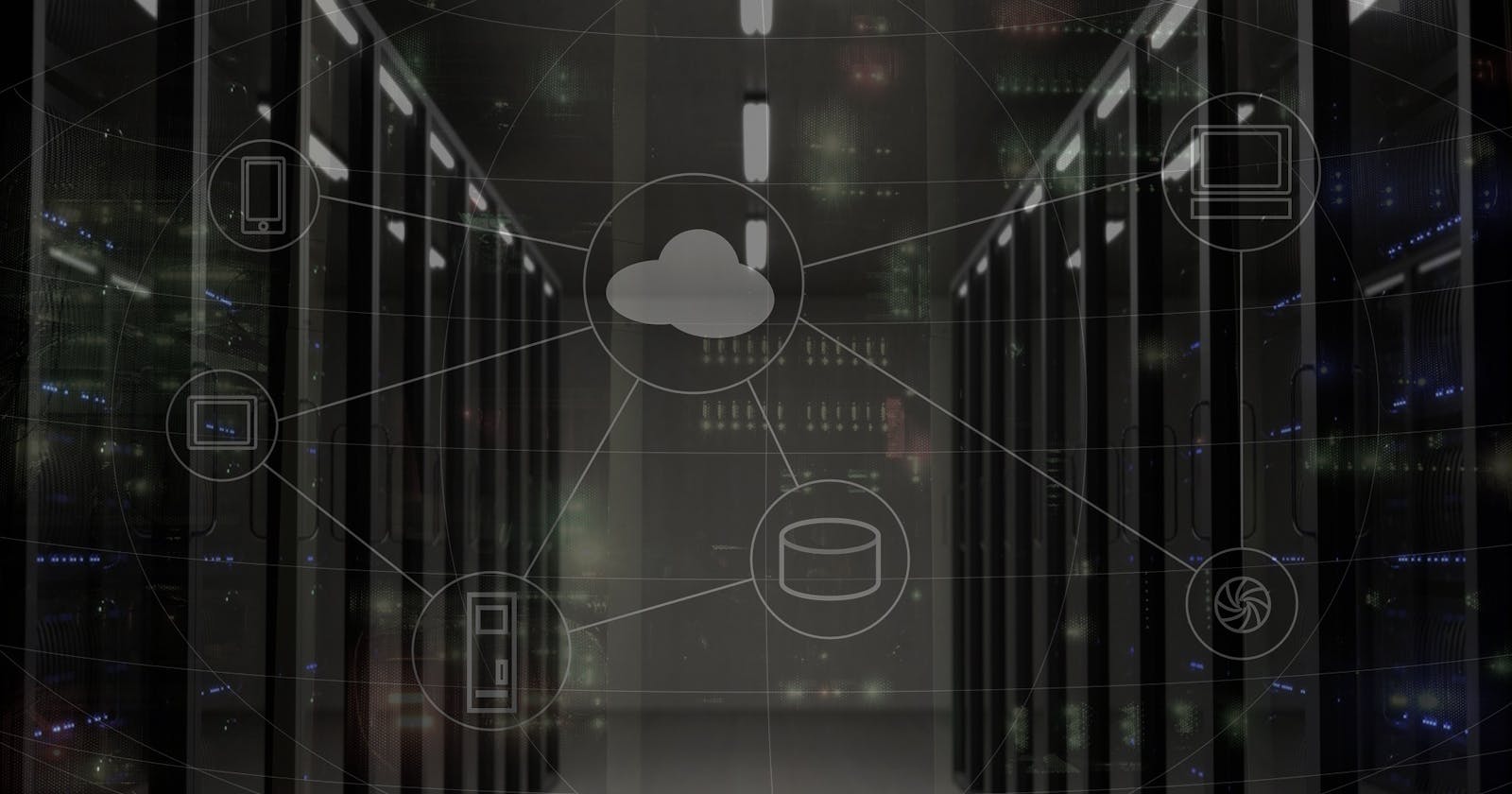Cloud computing - Fast, Secure and Efficient
Everything you need to know about cloud computing
With the help of the Internet and the development of processing and storage technologies, computing resources have become more easily affordable and yet more powerful technologies are more available than ever before. This paved the way for a new trend called cloud computing in which the user can lease resources through the internet without spending any more on new hardware.
We can see that many companies are shifting their processes through cloud computing, be it data management, system integration or management of multiple cloud providers.
What is cloud computing?
Cloud computing is the delivery of computing services like servers, storage, databases, networking, software, analytics and Intelligence over the internet for faster innovation, flexible resources and economics of scale.
The basic concept behind the name is that the location of the service and many other underlying details about the hardware or operating system on which it is running is unknown to the user. It's with this the metaphor of the cloud was borrowed from old telecoms network schematics.
How does cloud computing work?
Instead of building their own computing infrastructure or data centres, companies can rent or lease access to everything they want, from applications to storage from a provider.
The advantage of using cloud-computing services is that firms can avoid the cost of managing and maintaining their own data centres and other services and instead pay for what they use and the hassle to maintain and manage will be for the providers. The data is stored and managed by the cloud service providers in various locations. The data is stored in copies in various data centres and if any data centre is prone to accidents and the data is corrupted, the same exact copy of data is available in other data centres. Hence, there is no possibility of losing data.
Importance of clouds in the near future
![875 [Converted].png](https://cdn.hashnode.com/res/hashnode/image/upload/v1651937187215/6o9-Cynxm.png?auto=compress,format&format=webp)
Establishing an infrastructure to support cloud computing now accounts for a significant chunk of all IT spending. The shift to Cloud computing gained popularity in 2020 and 2021 as the company accelerated its digital transformation plans during the pandemic.
It's because of the pandemic that companies realized how important it was to be able to access their computing infrastructure, applications and data wherever their staff were working - and not just from an office.
Elements of Cloud Computing:-
Cloud computing can be classified into various core elements based on different parts of the technology stack and different use cases.
1. Infrastructure as a Service(IaaS)
Infrastructure as a service signifies the fundamental building blocks of computing that can be rented; physical or virtual servers, storage and networking. This comes in handy for companies who want control over all the elements of the product, but it demands firms to have the technical skills to be able to adapt services at that level.
2. Platform as a Service(PaaS)
This type of element is the next stage, which basically works on storage, networking, and virtual servers. This layer also includes the tools and software that developers need to build applications on top. So this includes DMBS, OS and other development tools.
3. Software as a Service(SaaS)
These types of companies deliver applications as a service. They use the cloud services based on which the applications run or perform operations required by the user. The underlying mechanism is unknown to the user but they continue to access the services via an app or web browser.
The software created by these companies is huge, from CRM such as Salesforce to Office suites such as Microsoft's Office 365.
Security in Cloud computing

Security is the main concern in cloud services. Moreover, security breaches are a rarity, which largely shifted the requirement of cloud security tools, which monitor data from the source to the destination. These security tools can identify the fraudulent use of data on cloud platforms such as unauthorised downloads and malware.
Big cloud-computing companies:-
When it comes to cloud computing, there are only a few cloud providers. The most prominent one of all is Amazon Web Services(AWS), followed by Microsoft Azure and Google, attracting many users worldwide.
And following the three big companies, there are companies like Alibaba Cloud, IBM, Dell and Hewlett Packard Enterprise(HP).
Advantages and Disadvantages of cloud computing:-
The main disadvantage of cloud computing is mainly cost. The implementation cost is high.
SaaS companies work on the same technologies as a rival, which makes it hard to create innovatively.
Data migration is a hassle for many people, especially for companies which hold a large amount of data.

